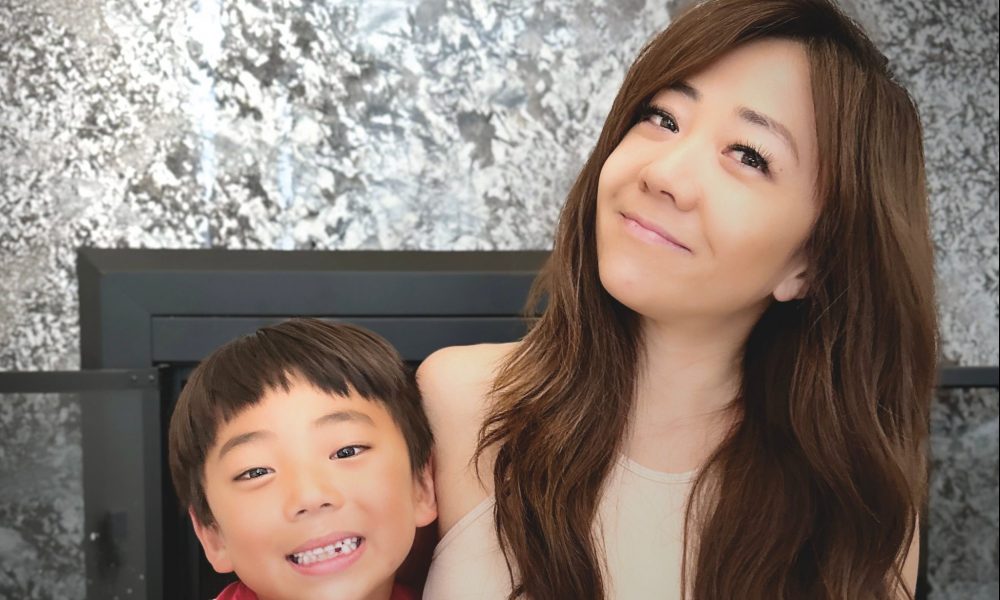

Today we’d like to introduce you to Kristen Kim.
Hi Kristen, can you start by introducing yourself? We’d love to learn more about how you got to where you are today.
Growing up, I often felt like I led a double life. Born and raised in South Korea, I immigrated to the States during my elementary school years. Right away, there was an unspoken expectation to conform and be “more American” and “less Korean.” Like many immigrants, I juggled two identities – publicly embracing American culture at school while privately cherishing Korean culture at home and church. I’d hide my neatly packed Korean lunches my mom made, choosing to skip lunch rather than open the display of Korean dishes she lovingly prepared early in the morning. After being coined as “Sung Wong Ching Chong” by the cutest boy in 4th grade (my legal name at that time was Sung-Won), I told everyone my real name was Sun. When that didn’t work, I begged my mom to change my name to Kristen when we moved to a new city. As a child, these experiences left me feeling ashamed and embarrassed about my family and identity.
Even as adults, many of us live with this awkward divide in our communities and workplaces, feeling pressured to suppress our identities to fit in with mainstream culture so as to not look like an “outsider” or potentially risk losing a promotion. This phenomenon, known as ‘conditional inclusion,’ fuels silent divisions, fosters ignorance, and sometimes even leads to career setbacks. True inclusion, however, involves creating an environment where everyone can authentically be themselves and feel recognized, valued, and included just as they are.
Now, as a mother of two, I’m concerned about witnessing this dynamic emerge in classrooms, particularly in areas where diversity isn’t prevalent. I’m also certain that this experience extends beyond cultural differences to encompass all forms of diversity, from neurodiversity to gender identity.
Fast forward to adulthood, I realized I had two options: either to allow the negative emotions and experiences to consume and define me and subsequently pass them on to my young children, or I could channel those feelings into positive action and create something beautiful to effect change. While it’s always easier to choose the path of blissful ignorance, I envisioned the mindset I wanted my children to have, knowing they might encounter similar challenges of conditional inclusion.
But even with these realizations, I wasn’t sure how to implement any kind of change.
Then during COVID lockdowns, my son Asher and I began listening to podcasts every day as a way to pass the time and eventually expressed interest in having his own. After hours of YouTube tutorials and speaking with other professionals, the idea of creating a platform to inspire children to embrace differences through cultural education came together like puzzle pieces. Fortunately, I had a pre-existing career in TV production with formal training in classical music composition. Thus, Culture Kids was born out of a deep sense of responsibility to help all children and families learn and celebrate the richness of diverse human experiences, practice acceptance and tolerance, and to learn ways to express and cope that I wished I had growing up.
I am filled with excitement and passion when I think about connecting with more guests from around the world in order to uplift their cultures and families. What truly motivates me is hearing from parents worldwide who ask where they can try Korean rice cake soup or sample spices popular in Tanzania, topics that we’ve discussed in our episodes. Personally, working on the podcast has been a fulfilling experience, particularly witnessing my son Asher’s growing curiosity and the development of his critical thinking skills through our interviews. Additionally, it serves as a source of healing during times of witnessing injustice around the world, knowing that our family can contribute to promoting peace and uplift communities during difficult times.
We all face challenges, but looking back, would you describe it as a relatively smooth road?
Despite the growing emphasis on diversity and inclusion, I’ve encountered significant challenges with some educators and media entities who still perceive these concepts as optional add-ons rather than integral components of children’s learning experiences. Rejections from potential guests and media outlets, especially from educator influencers with a conditional understanding of inclusion, can be disheartening.
But through these challenges, I’m learning to channel moments of frustration into uplifting communities that deserve a greater voice. I draw inspiration from the guests we interview, often engaging in personal discussions off the record about how they overcome feelings of injustice or resentment due to prejudices against their community. Collaborating with different communities in this way is a humbling process, and I feel privileged that our guests trust me to amplify their voices with our audience.
Furthermore, it has provided me with valuable opportunities to discuss with our family the themes of overcoming rejection and embracing different perspectives. I’ve taken the chance to impart upon my son the notion that people often fear what they do not understand. Witnessing his growth and maturity throughout our collaboration on this project has been truly humbling and I am grateful for the experience!
Alright, so let’s switch gears a bit and talk business. What should we know about your work?
Culture Kids produces weekly episodes, each lasting an average of 17 minutes and co-hosted by me and my son, Asher.
Our content blends education with entertainment, featuring upbeat and heartfelt segments, and concluding with a fun joke section filled with knock-knock jokes and silly riddles. Every episode is crafted with the mindset that diversity and inclusion are essential elements for cultivating empathetic and innovative leaders in our increasingly divided and multicultural world. We aim to empower children to initiate conversations, ask questions, and form friendships based on a person’s character rather than their group or community affiliation.
Drawing inspiration from Darren Hardy’s book “The Compound Effect,” which emphasizes the power of consistent, incremental actions, we believe that promoting diversity is key to long-term success. Conversely, without education about the complexity and beauty of cultural differences, ignorance can breed fear and, unfortunately, sometimes hate. By focusing on diversity and inclusion from an early age, we can disrupt this harmful cycle and foster a more inclusive and peaceful community.
After 80 episodes, our guests consistently emphasize the multifaceted nature of their culture or religion, highlighting that it cannot be singularly represented by any group, government, or individual. Therefore, we underscore the uniqueness of every individual, recognizing that within cultures and religious communities, each family practices traditions differently based on their lifestyle and background. This approach challenges stereotypes that often categorize people solely based on cultural identity or physical appearance.
These principles serve as the cornerstone of our show, which is presented in a lively, adventurous, and inclusive manner suitable for young children and families of all backgrounds.
How can people work with you, collaborate with you, or support you?
Since our launch in October 2022, the podcast has been scripted, recorded, edited, and produced by me and my 6-year-old son, with the assistance of our audio engineer, Robin Lai, who handles post-production. However, this setup isn’t sustainable for much longer, and we’re currently seeking sponsors and grants to expand our team, enabling us to reach a broader audience. With additional support, we want to collaborate with more cultural organizations and communities to release more episodes. Our long-term goal is to evolve our content into video format as we plan to transform Culture Kids into an adventurous and educational TV show for families worldwide. Any support, guidance, or connections in those areas would be highly appreciated.
We are also looking for more guests and organizations that can share their unique perspectives for our young audience. Feedback and engagement from our community is key, so we would love to continue hearing from our community on what their children want to learn about.
For educators and parents, please share Culture Kids with your family and friends! We are working without a marketing budget, so if you believe in our mission, please kindly spread the word about our show. This is the only way for us to spread our message!:) And, of course… please leave us a 5-star review on Apple Podcasts and Spotify!;)
Contact Info:
- Website: http://culturekidsmedia.com
- Instagram: instagram.com/culturekidsmedia
- Facebook: https://www.facebook.com/profile.php?id=100086100743611
- Linkedin: https://www.linkedin.com/in/culturekidspodcast/
- Youtube: www.youtube.com/@culturekidsmedia
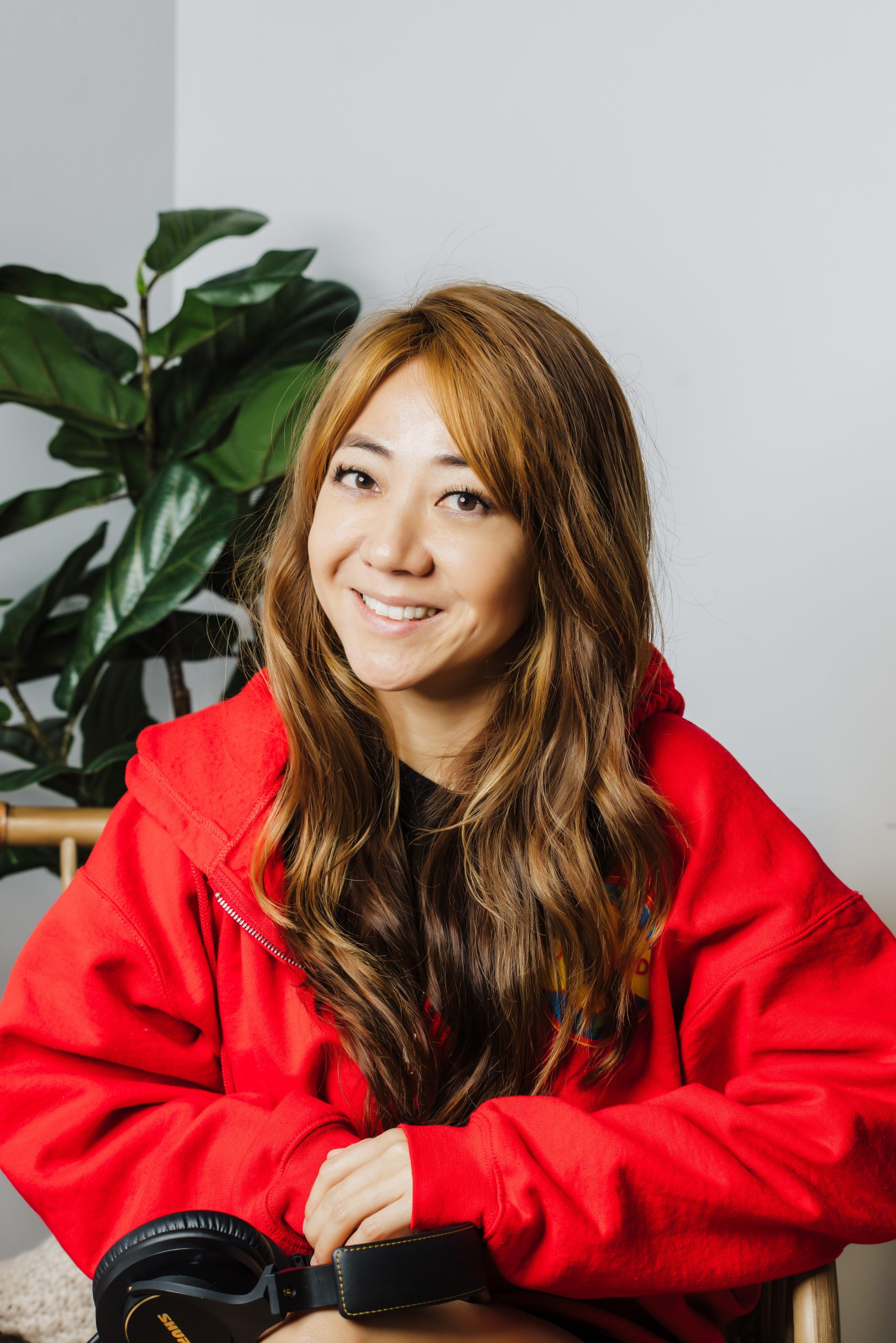
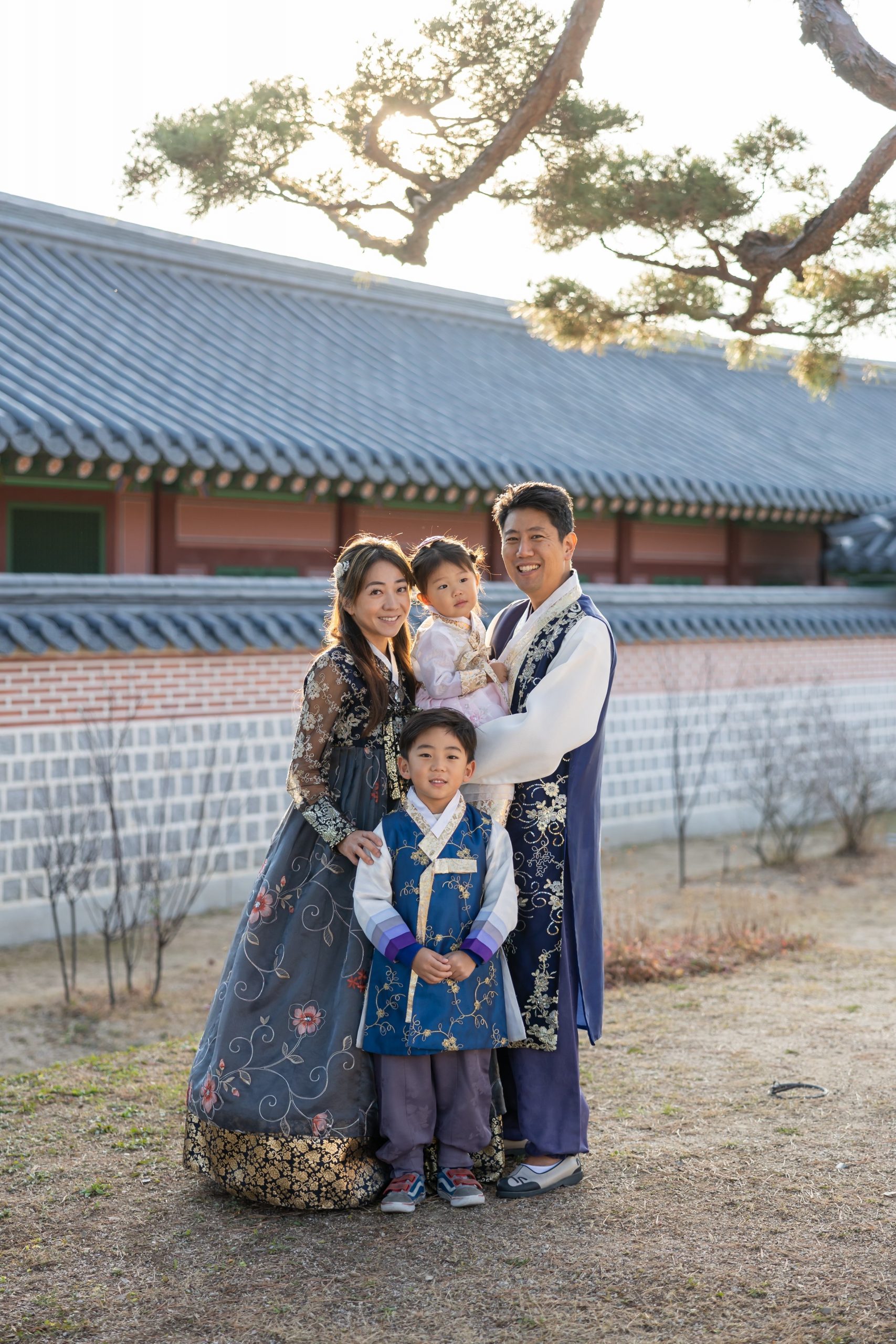
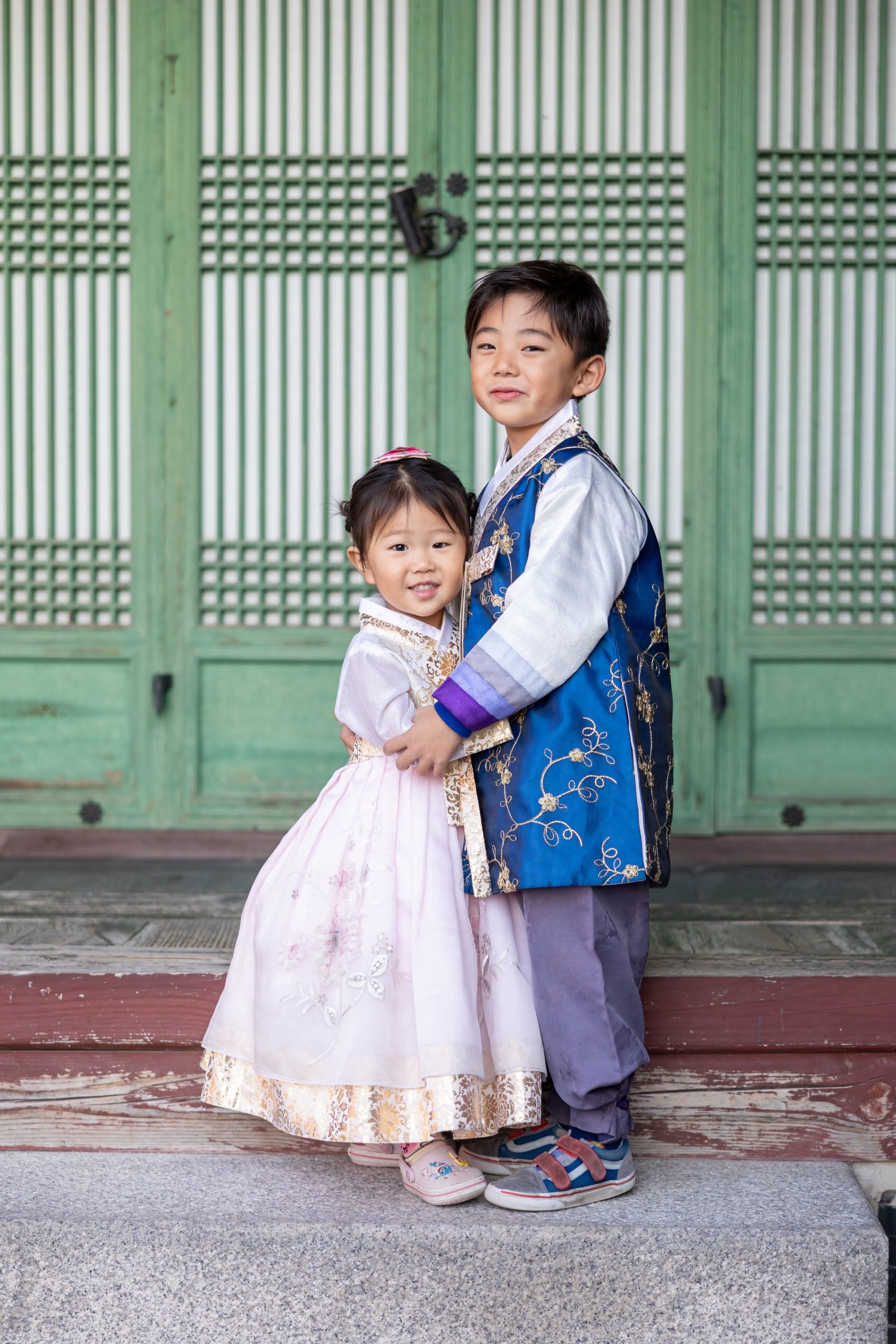
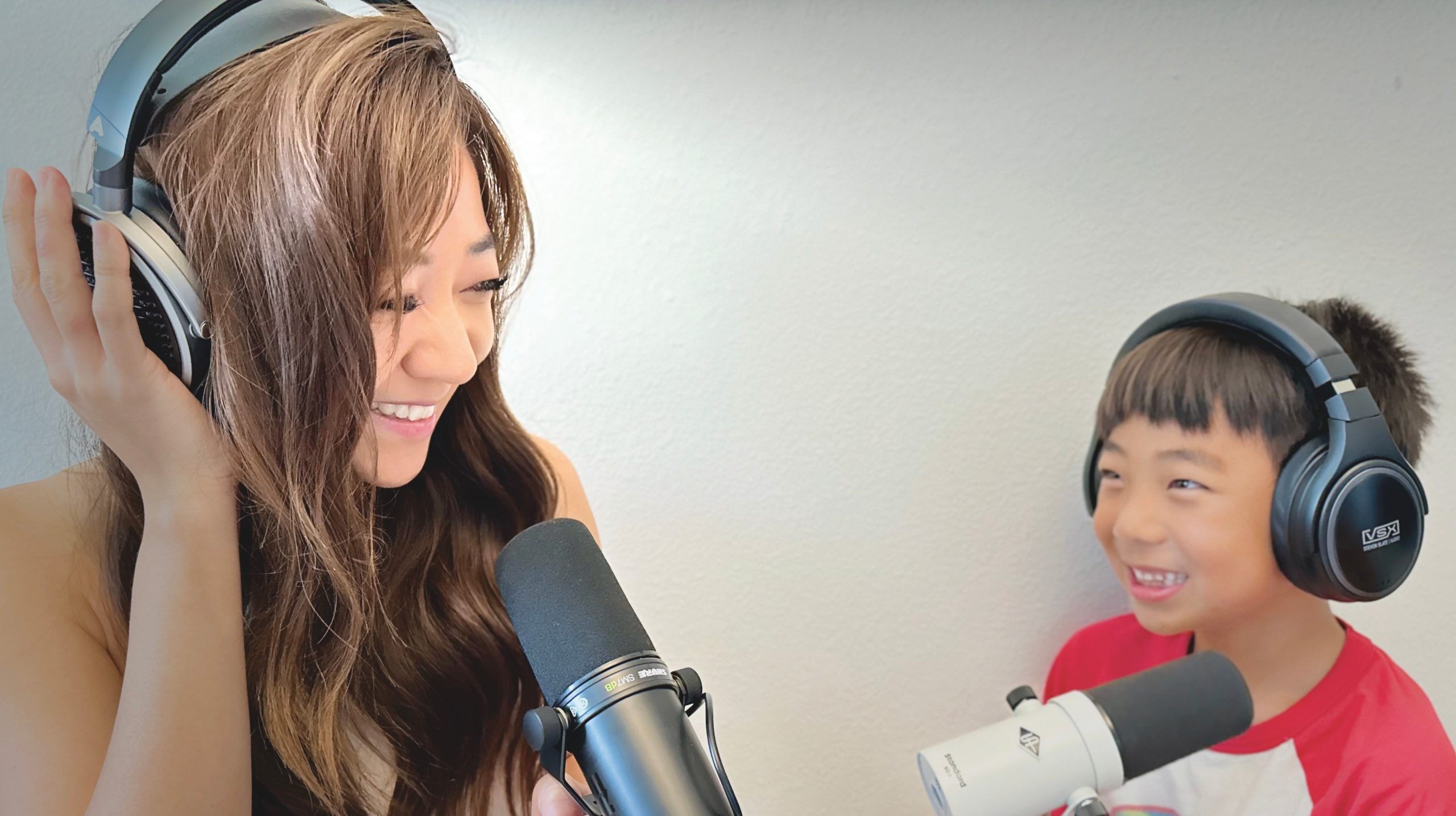
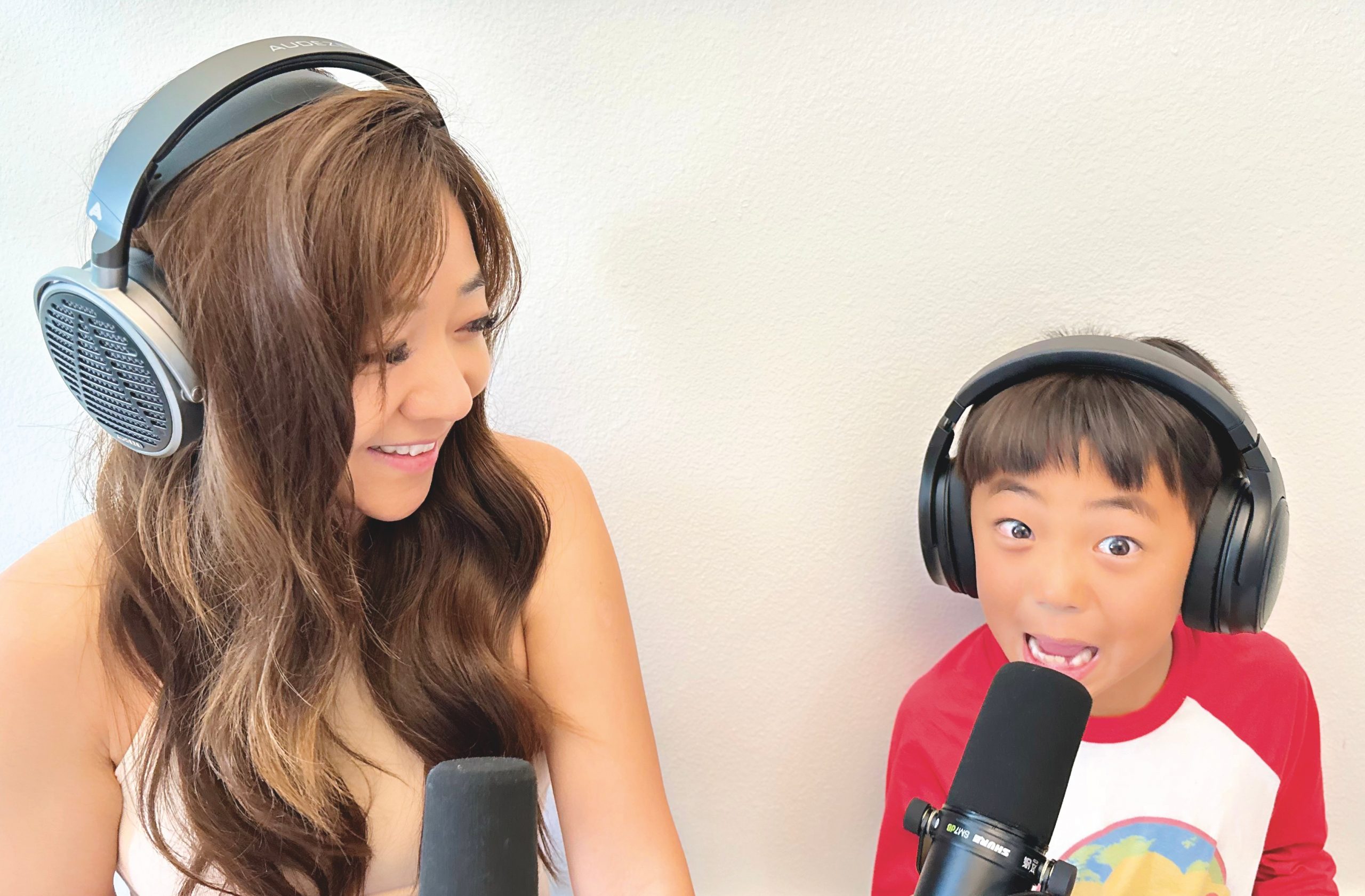
Image Credits
Rush Photography
Robin Lai














